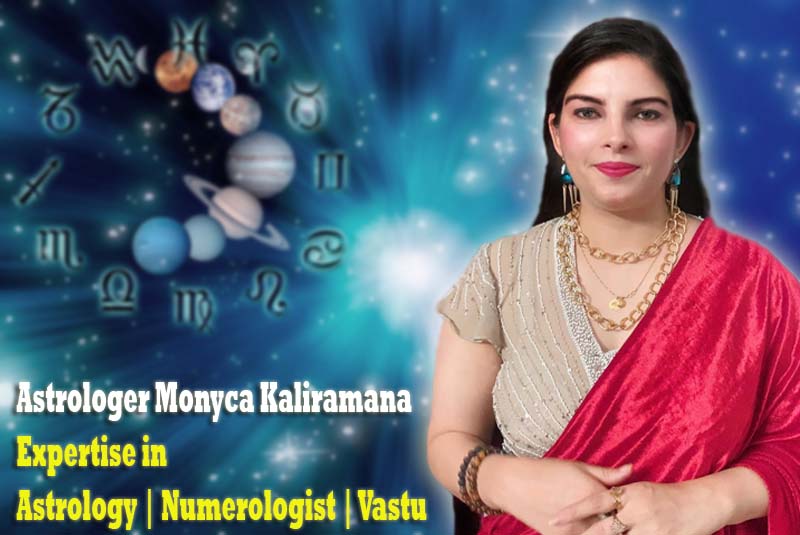
“Western Astrology
Western astrology, rooted in ancient Greco-Roman traditions, interprets celestial phenomena to understand human behavior and predict future events. It revolves around the positioning of the Sun, Moon, planets, and stars at the time of an individual's birth, creating a unique birth chart or horoscope. Twelve zodiac signs, each associated with specific personality traits and characteristics, form the basis of Western astrology. The study of planetary movements through these signs provides insights into relationships, career paths, and personal development. Western astrology emphasizes the interplay between free will and cosmic influences, suggesting that individuals can navigate their destinies by understanding and working with astrological energies. It has evolved over centuries, integrating psychological insights and modern interpretations while retaining its fundamental principles. Western astrology continues to fascinate and inspire millions worldwide, offering a framework for self-discovery, guidance, and spiritual growth in today's complex world.
Astrologers use birth charts, or horoscopes, which map the positions of celestial bodies at the exact moment of an individual's birth, to provide personalized readings. These readings can offer insights into personality, compatibility with others, career paths, and life events.
Western astrology has influenced various aspects of Western culture, including literature, art, and psychology. While some view it as a form of entertainment or a guide for self-reflection, others take it more seriously, seeking guidance and reassurance in times of uncertainty.
Despite skepticism from some quarters, Western astrology continues to be popular and widely practiced around the world, with millions consulting astrologers and reading horoscopes to gain insights into their lives and relationships.